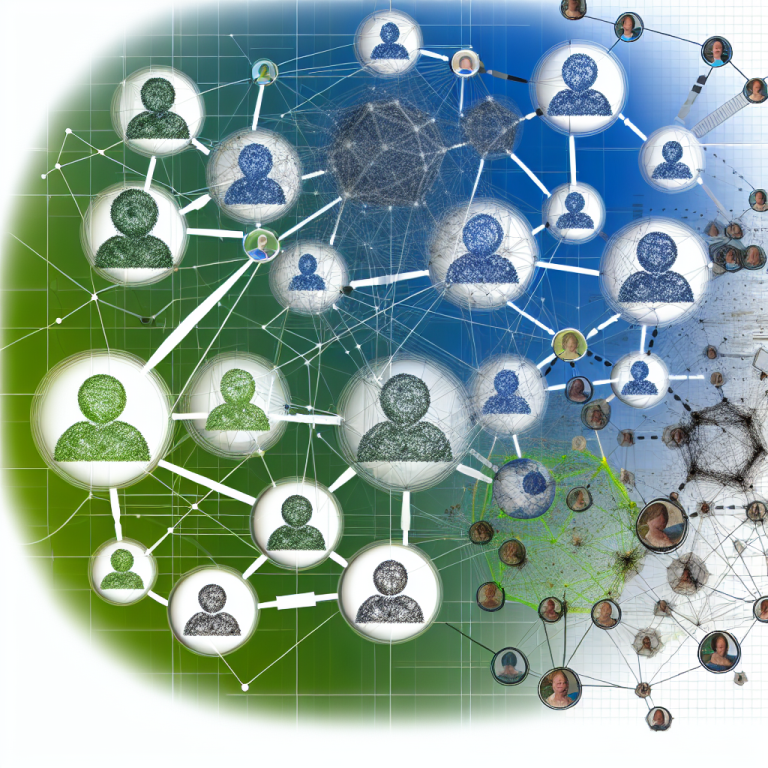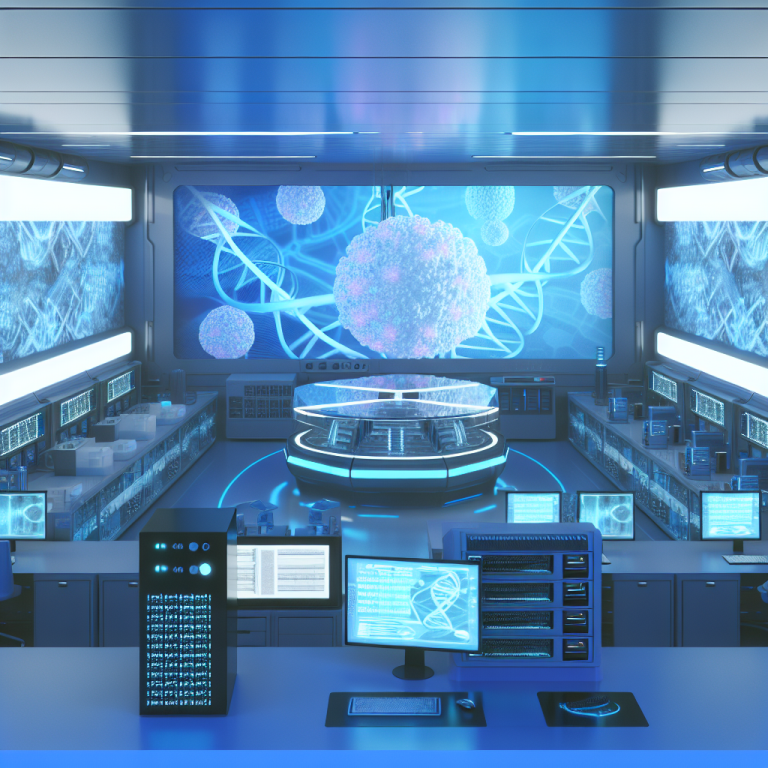Artificial intelligence research has traditionally been focused on individual agents, separate from any social context. However, recent advances in learning algorithms have forced scientists to reconsider this approach. The real challenge now lies in generating new data, rather than simply absorbing existing information. Looking to natural intelligence for inspiration, researchers have discovered the crucial role that social interactions play in the development of complex systems.
When intelligence emerges within networks of interacting agents, it is not limited to individual capabilities. Collective living, social relationships, and evolutionary transitions all contribute to the generation of new data through various mechanisms. Population pressures, arms races, Machiavellian selection, social learning, and cumulative culture are just some of the ways in which intelligence is shaped and enhanced by social dynamics.
In the field of artificial intelligence, breakthroughs have already been achieved by harnessing some of these social processes. Multi-agent structures have been successful in mastering complex games like Capture-The-Flag and StarCraft II, while strategic communication has proven essential in games such as Diplomacy. AIs are even able to shape their own data streams with the help of other AIs, demonstrating the potential for collaborative innovation.
By moving away from an individualistic view of intelligence and embracing the power of social mechanisms, researchers believe they can achieve a level of artificial intelligence that closely mirrors human capabilities. This shift in focus towards social interaction and data generation represents a new frontier in the field of AI, one that promises to drive ongoing innovation and progress. As scientists continue to explore the possibilities of social intelligence, the potential for groundbreaking discoveries in the realm of artificial intelligence seems limitless.




